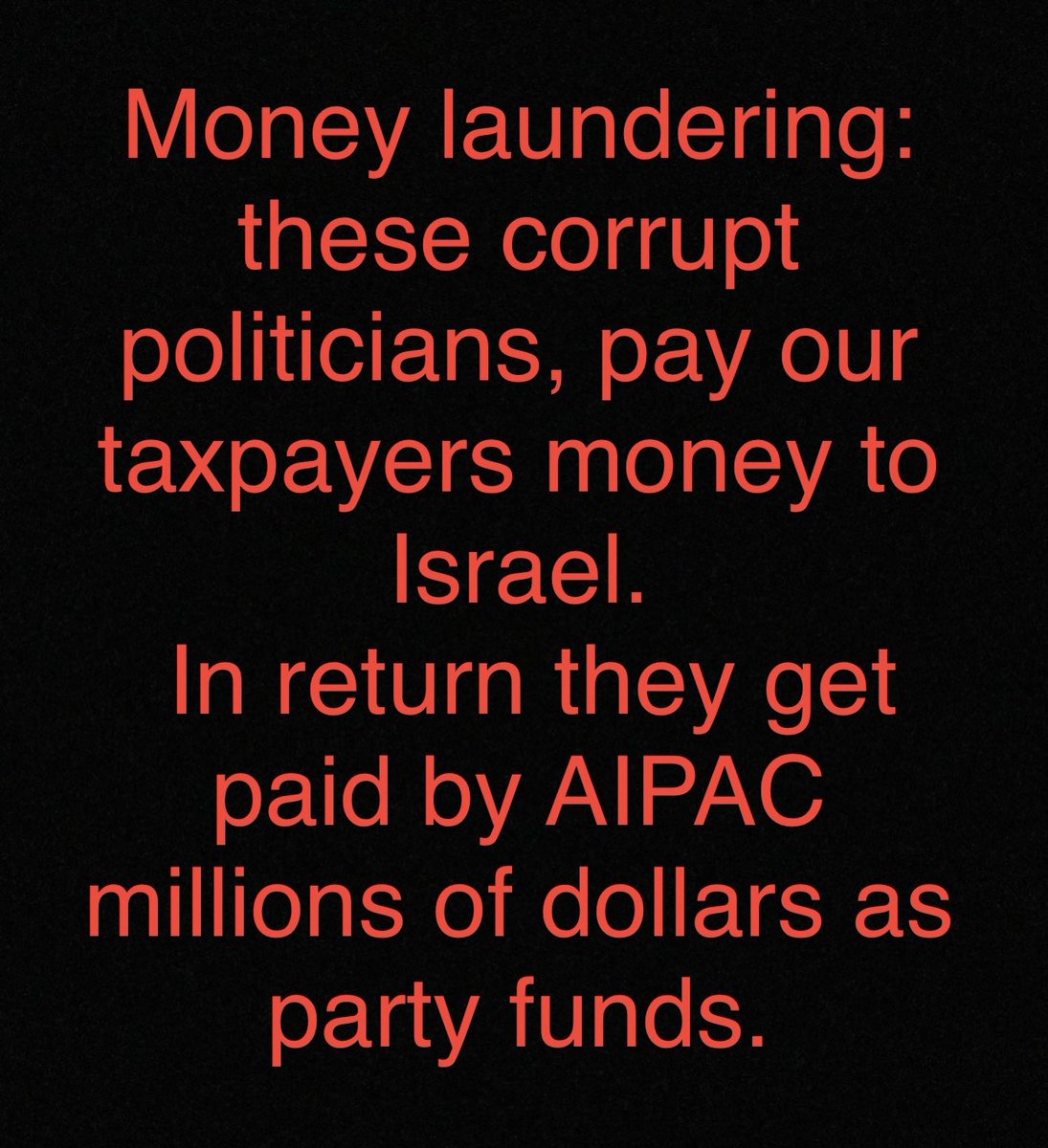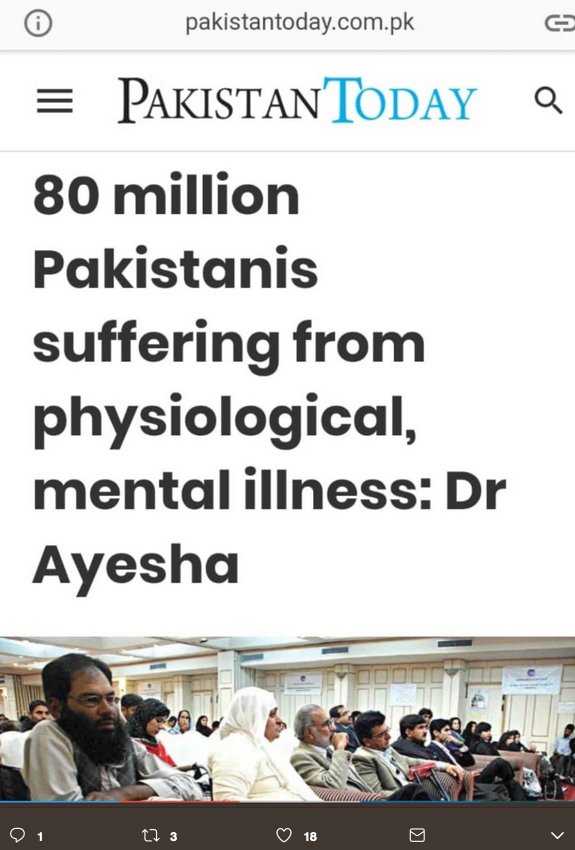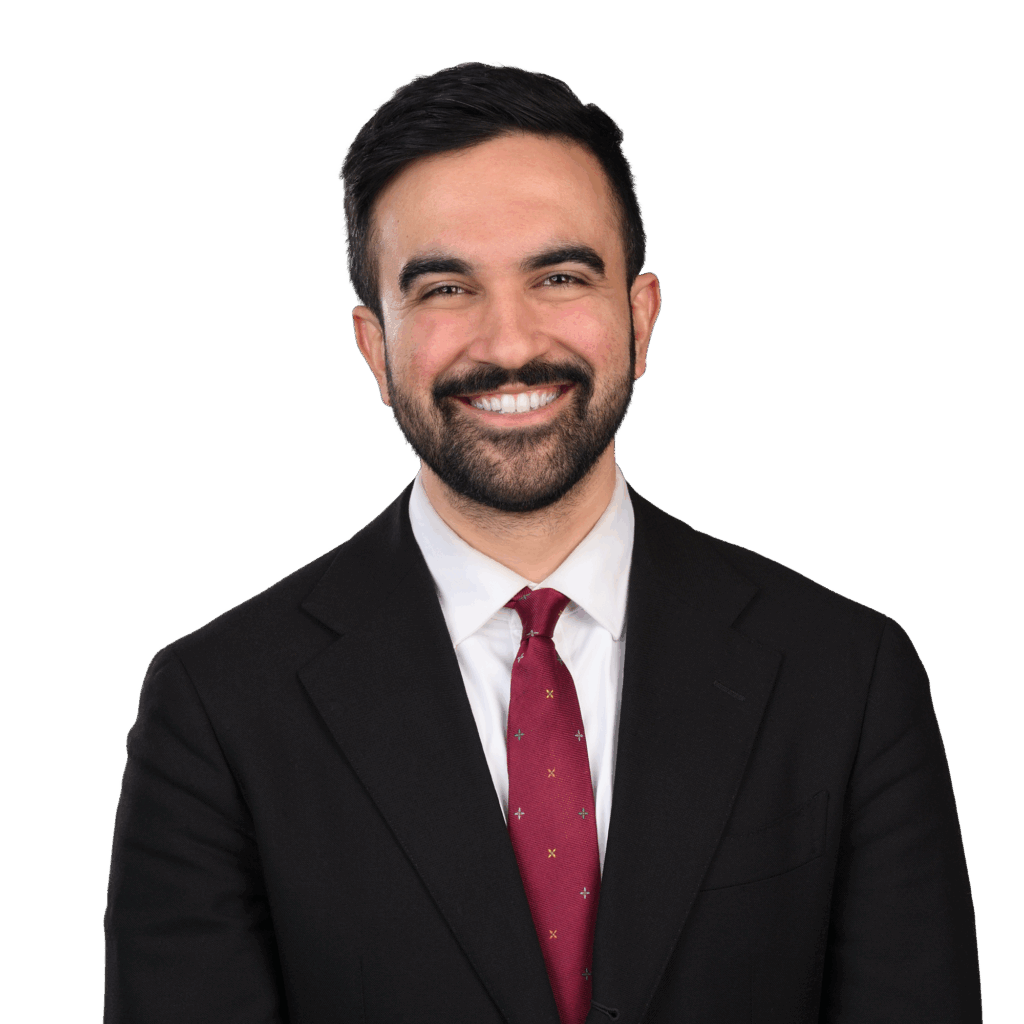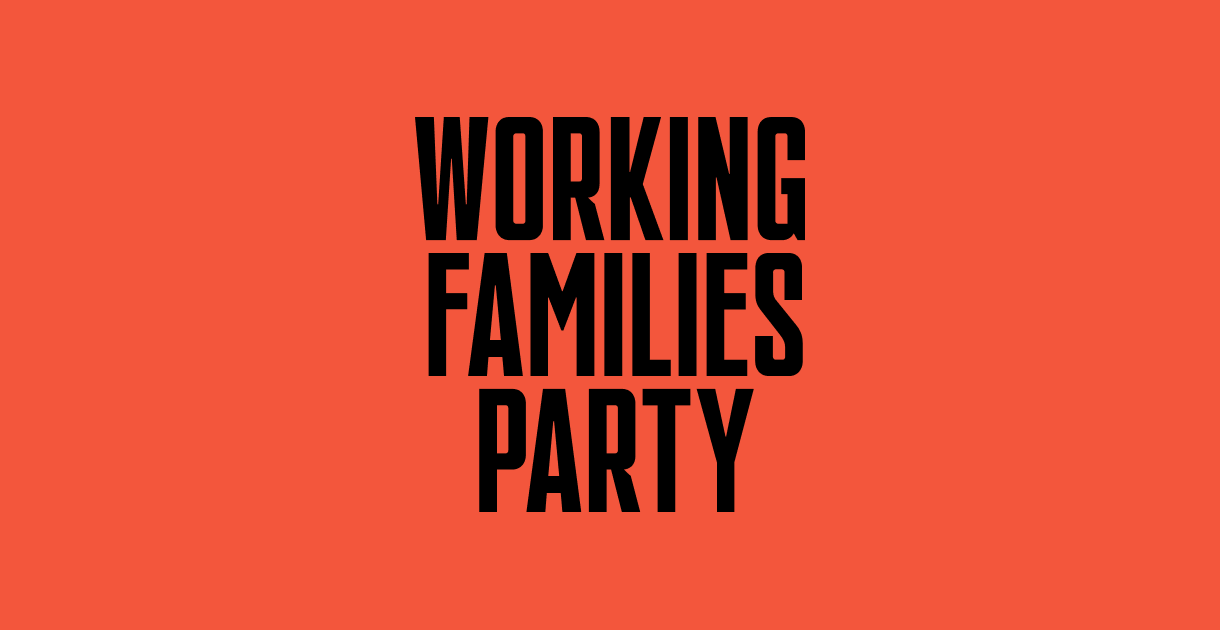Our Advice to Voters in a Vexing Race for New York Mayor
June 16, 2025, 5:02 a.m. ET
The lower Manhattan skyline, seen from inside the Staten Island Ferry.
Damon Winter/The New York Times
By The Editorial Board
The editorial board is a group of opinion journalists whose views are informed by expertise, research, debate and certain longstanding values. It is separate from the newsroom.
Many longtime New Yorkers have had a sinking feeling at some point in the past decade. They have worried that their city was heading back to the bad old days of the 1970s and ’80s.
Subway trips can have a chaotic or even menacing quality. Nearly half of bus riders board without paying their fares. The number of felony assaults has jumped more than 40 percent over the past decade. The city’s fourth graders, after significantly outperforming their peers in other large cities during the early 2000s, have fallen back in math and reading. Housing has become even less affordable, and homelessness has risen. In the most basic measure of the city’s appeal, the population remains well below its pre-Covid peak.
We believe that New York is the world’s most dynamic and important city, thanks to its energy, diversity, creativity, prosperity and history. And though some of the complaints about the city today are overstated, we are also worried. The quality of life has deteriorated over the past decade. On some issues, like crime rates, the city has recovered modestly over the past few years, and it remains in far better shape than it was 50 years ago. Still, New Yorkers deserve better than the status quo.
Against this background, the city has begun voting for mayor, in the Democratic primary. Early voting started Saturday, with Primary Day coming next week, on Tuesday, June 24. The general election will be in November.
New York needs a mayor who understands why the past decade has been disappointing. Crucial to that understanding is an acknowledgment that a certain version of progressive city management has failed, in New York and elsewhere. This version emerged in the latter stages of Barack Obama’s presidency, when some Democrats decided that he had been too cautious and adopted a bolder liberalism. At the municipal level, this liberalism was skeptical of if not hostile to law enforcement. It argued that schools needed more money and less evaluation. It blamed greedy landlords for high rents, instead of emphasizing the crucial role of housing supply.
Bill de Blasio, whose eight-year tenure as New York’s mayor began in 2014, came from this wing of the Democratic Party. And he had some successes, including his expansion of preschool and his curtailment of widespread stop-and-frisk policing. Overall, though, he bears significant responsibility for the city’s problems. He did not take disorder seriously enough, and he set back the city’s K-12 school system. His main legacy is to have contributed to the city’s recent decline.
Sign up for the Opinion Today newsletter Get expert analysis of the news and a guide to the big ideas shaping the world every weekday morning.
Other cities have endured similar experiences. In Chicago, Mayor Brandon Johnson, a de Blasio-like politician who took office two years ago, now has an approval rating below 20 percent. On the West Coast, residents of San Francisco, Seattle and Portland, Ore., have come to regret their leaders’ blasé attitudes toward crime and drug use.
A more promising approach to city leadership is certainly not a local version of the current Republican agenda, which slashes valuable government programs, opposes accountability for police departments and disdains some basic civil rights. The answer instead is a more effective and thoughtful liberal governance, in which city leaders use empirical evidence and effective management to achieve results.
At his best, Michael Bloomberg, New York’s mayor from 2002 to 2013, used this approach. Houston’s two mayors from 2010 through 2023, Annise Parker and Sylvester Turner, used it to reduce homelessness sharply. In Chicago, Rahm Emanuel oversaw educational progress in the 2010s that was the mirror image of New York’s regression. The current first-term mayors of Denver, Mike Johnston, and San Francisco, Daniel Lurie, have adopted similar pragmatism. It is possible to govern both liberally and successfully.
New York’s current mayor, Eric Adams, took office in 2021 promising a more moderate approach that would fix the ailments of the de Blasio years, and Mr. Adams has stopped the decline in some areas. But his evident corruption and sloppy management style make clear that he does not deserve re-election. He is running this year as an independent, rather than trying to win the Democratic nomination again, because he knows he is too unpopular to win the primary. (The Republican field has only one major candidate: Curtis Sliwa, a radio host who founded the Guardian Angels, a volunteer patrol group, and who is unqualified to be mayor.)
Eleven candidates are competing for the Democratic nomination, and many New Yorkers are understandably disappointed by the field. It lacks any candidate who seems likely to be the city’s next great mayor. For that reason, we are not endorsing a candidate. That said, several candidates have substantial strengths. This editorial — which follows our publication of The Choice, a feature that shared the insights of a diverse mix of New Yorkers — is meant to offer guidance for New York voters trying to think through their imperfect options.
The polls indicate that two candidates have emerged as the frontrunners: Andrew Cuomo, a former governor and federal housing secretary, and Zohran Mamdani, a state legislator who represents a Queens district. Mr. Mamdani, a charismatic 33-year-old, is running a joyful campaign full of viral videos in which he talks with voters. He offers the kind of fresh political style for which many people are hungry during the angry era of President Trump.
Unfortunately, Mr. Mamdani is running on an agenda uniquely unsuited to the city’s challenges. He is a democratic socialist who too often ignores the unavoidable trade-offs of governance. He favors rent freezes that could restrict housing supply and make it harder for younger New Yorkers and new arrivals to afford housing. He wants the government to operate grocery stores, as if customer service and retail sales were strengths of the public sector. He minimizes the importance of policing.
Most worrisome, he shows little concern about the disorder of the past decade, even though its costs have fallen hardest on the city’s working-class and poor residents. Mr. Mamdani, who has called Mr. de Blasio the best New York mayor of his lifetime, offers an agenda that remains alluring among elite progressives but has proved damaging to city life.
Mr. Mamdani would also bring less relevant experience than perhaps any mayor in New York history. He has never run a government department or private organization of any size. As a state legislator, he has struggled to execute his own agenda. A telling example came last year. Given an opportunity to expand a pilot program offering free bus rides, one of his signature issues, he instead engaged in a performative protest that doomed the policy, New York magazine reported. He seems to lack the political savvy and instinct for compromise that has made Senator Bernie Sanders, his fellow democratic socialist, an effective legislator.
The other front-runner, Mr. Cuomo, has his own significant shortcomings. He resigned as governor in 2021, during his third term, because of allegations of sexual harassment or inappropriate touching from at least 11 women. This board called for his resignation at the time because of the disturbing, credible nature of the accusations. We noted that his treatment of women was part of a larger pattern of bullying, self-serving behavior.
Many New Yorkers are nonetheless planning to vote for Mr. Cuomo, partly because of his policy record as governor. His list of accomplishments includes paid family leave, expanded health insurance, a higher minimum wage, a marriage equality law, a strict gun-control law, an ambitious clean energy program, the Second Avenue subway and renovations of John F. Kennedy and LaGuardia airports and Penn Station. He also made significant mistakes, such as his mishandling of Covid at nursing homes and poor management of public transit. Still, Mr. Cuomo has the strongest policy record of the candidates. He has won the most impressive collection of endorsements, too, including from Mr. Bloomberg; Jessica Ramos, a progressive state senator who initially sought the nomination herself; and labor unions representing health care workers, hotel workers, blue-collar laborers and firefighters.
An alternative to the two front-runners is Brad Lander, the city’s comptroller, or chief financial officer. Among the 15 New York leaders who participated in the Choice panel, Mr. Lander was the clear preference. Seven named him as their first choice. No other candidate received more than two votes. Iwen Chu, a former state senator from Brooklyn, said Mr. Lander “brings a rare combination of integrity, inclusiveness and a deep understanding of how our city government should work.”
Mr. Lander is another Democrat who adopted dubious ideas, such as cuts to policing, during the party’s leftward shift of the late 2010s and early 2020s. He has since moderated, though, which demonstrates a welcome ability to learn from experience. He has also proved to be an effective manager of the city’s sprawling budget office. His mayoral agenda includes the construction of 500,000 housing units, expanded pre-K and faster subway service. Mr. Lander exudes competence if not inspiration.
The next tier of candidates includes Whitney Tilson, a moderate Democrat and former financial executive who is effectively running as Mr. Bloomberg’s heir; Adrienne Adams, the City Council speaker, who brings government experience but not a compelling campaign agenda; Scott Stringer, a former city comptroller; and Zellnor Myrie, a 38-year-old progressive state senator from Brooklyn who seems to have a bright political future.
One silver lining for voters who lament the weakness of the field is that they do not need to choose only one candidate. New York’s ranked-choice voting system allows voters to list up to five candidates, in order of preference. The candidate with the fewest first-choice votes is eliminated, and his or her votes are then redistributed to the candidates listed second on those ballots. The process, known as an instant runoff, continues until one candidate has received more than 50 percent support.
We see arguments for ranking several candidates at the top of the ballot, including Mr. Lander for more progressive voters and Mr. Tilson for more moderate voters. Although Mr. Cuomo and Mr. Mamdani have dominated the polls, another candidate could still emerge as the Election Day winner.
Given those polls, however, the crucial choice may end up being where, if at all, voters decide to rank Mr. Cuomo or Mr. Mamdani. We do not believe that Mr. Mamdani deserves a spot on New Yorkers’ ballots. His experience is too thin, and his agenda reads like a turbocharged version of Mr. de Blasio’s dismaying mayoralty. As for Mr. Cuomo, we have serious objections to his ethics and conduct, even if he would be better for New York’s future than Mr. Mamdani.
For any voters tempted to leave both off their ballots, it is important to understand that this decision would be tantamount to expressing no preference between the two. It is similar to voting for neither major-party candidate in a traditional election. If the polls are correct and the race is between Mr. Cuomo and Mr. Mamdani, the thing that matters most on a ballot will be the relative positions of those two candidates.
Ultimately, we will be rooting for the success of whoever becomes New York’s next mayor. We will also be rooting for a stronger field in the 2029 election.
The Times is committed to publishing a diversity of letters to the editor. We’d like to hear what you think about this or any of our articles. Here are some tips. And here’s our email:
letters@nytimes.com.
Follow the New York Times Opinion section on Facebook, Instagram, TikTok, Bluesky, WhatsApp and Threads.
The editorial board is a group of opinion journalists whose views are informed by expertise, research, debate and certain longstanding values. It is separate from the newsroom.









